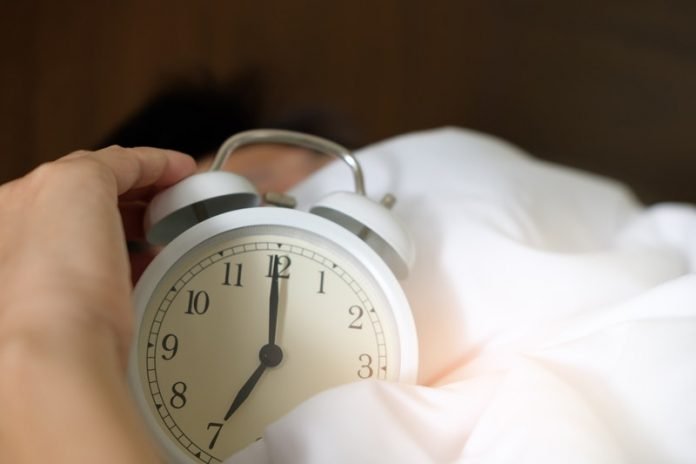
Your in-person cardiac rehabilitation program might be suspended for now, but that’s no reason you can’t work out at home. Find out why being your own personal coach is more important now than ever.
In the current COVID-19 environment, many in-person patient care programs have been interrupted, including cardiac rehabilitation.
That means patients recovering from a heart procedure or heart disease are finding themselves without an onsite cardiac rehabilitation program typically recommended by their cardiologists.
Michigan Medicine exercise physiologist Carolyn Palka knows this all too well, but wants patients to be reassured. “With the doors closed to medical outpatient rehab services, at-home rehab is a great alternative.”
Still, Palka understands the uncertainty surrounding safe cardiac rehab measures and the fears many patients convey.
To combat these fears, the Michigan Medicine cardiac rehab team is reaching out to patients through its Home-Based Cardiac Rehab program, offering telehealth phone calls to answer heart-related questions and field necessary referrals.
While most heart patients feel safer doing rehab with a healthcare professional close at hand, “in these uncertain times, home-based cardiac rehab is more important than ever to help them continue on their road to recovery,” says Palka.
Here’s why:
Cardiac rehab is critical to your physical recovery. No matter where you are in your recovery from heart disease or a heart procedure, an at-home program — versus doing nothing at all — will lead to a faster recuperation, says Palka.
In addition to the physical benefits, exercise helps boost your brain’s “feel-good” neurotransmitters, known as endorphins.
It also ensures social distancing for those at higher risk of complications from COVID-19.
“Many of our patients are concerned about working out on their own, but our team is available via telephone. We know each patient’s medical history and can advise them about safe, effective strategies for their individual rehab.”
It can keep you from being readmitted to the hospital. Working out at the appropriate level strengthens your heart as well as other muscle groups, including your core.
“This not only improves your health, but also helps reduce the likelihood of falls or other accidents that might land you back in the hospital — something we all want to avoid, especially right now,” says Palka.
It motivates you to adhere to healthy eating. With home-based rehab, you’re likely to keep your overall health top of mind, including your nutrition, especially important for heart patients.
“To help our patients, we talk to them about the benefits of a heart-healthy diet and connect them with a registered dietitian for any questions they may have,” says Palka.
It helps you manage stress. Many patients experience emotional stress related to their heart disease. “Some patients are hyper vigilant about any symptoms and whether they’re normal,” says Palka.
“We help them, for example, distinguish between muscle and heart pain and try to alleviate their overall concerns, and we help them understand when it may be necessary to call their cardiologist.”
It provides emotional support and reassurance in these uncertain times. Patient stress is exacerbated by uncertainties related to COVID-19.
At-home cardiac rehab connects those in need with resources to help sort things out emotionally, says Palka.
“Do you need a social worker for emotional support? Do you need coping strategies? We are a resource for additional support based on our patients’ physical and emotional concerns.”
According to Palka, this is the perfect time to stay home and boost your health.
“A home-based cardiac rehabilitation program provides you with a different type of care, but one that meets patient needs in the comfort and safety of their own home.”
For questions about your exercise program during our closure, please reach out to the Michigan Medicine Home-Based Cardiac Rehab team by calling 734-998-9590.
Written by JANE RACEY GLEESON.



